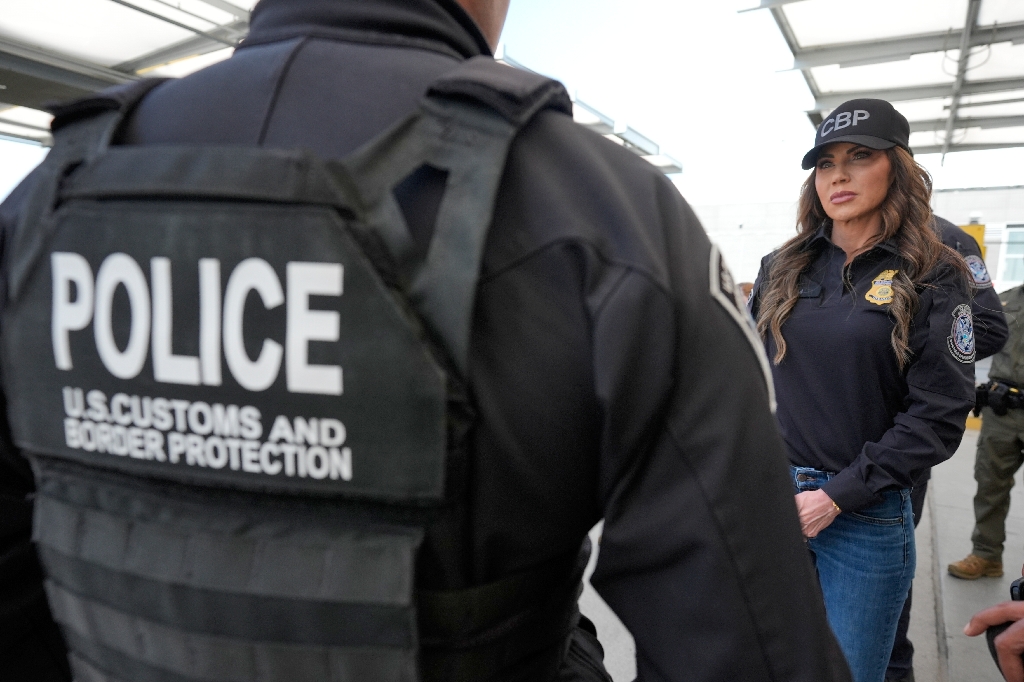(AFP) – US President Joe Biden will host Poland’s squabbling premier and president next month, the White House said Thursday, to shore up solidarity for Ukraine’s fight against the Russian invasion.
The joint visit on March 12 will mark a rare bringing together of Poland’s new pro-EU Prime Minister Donald Tusk, who won elections in October, and right-wing President Andrzej Duda.
Poland is a key ally of Ukraine, and its support is crucial for Kyiv — especially as doubts mount over US backing as Republicans in Congress hold up vital Ukrainian war aid.
“The leaders will reaffirm their unwavering support for Ukraine’s defense against Russia’s brutal war of conquest,” White House Press Secretary Karine Jean-Pierre said in a statement.
They will also discuss “the United States’ and Poland’s shared commitment to democratic values,” she added.
Former EU chief Tusk ousted president Duda’s nationalist allies in last year’s elections, ending years of right-wing rule in Poland and winning praise from Brussels for efforts to restore the rule of law.
But Tusk has faced near-daily battles with Duda ever since. Earlier this month, Tusk indicated he is open to early elections if the conflict keeps his government from functioning.
Poland has been a lynchpin in Western support for Ukraine since Russian President Vladimir Putin’s invasion in February 2022.
However, relations have been strained by a row over grain, with Poland imposing a unilateral ban on imports from Ukraine last year to counter what Polish farmers see as unfair competition.
Meanwhile concerns are growing in Europe about whether the United States can be counted on to support Ukraine. US House Republicans are blocking Biden’s plans for a multi-billion military aid package for Ukraine, while fears are mounting that Donald Trump’s possible return to the White House might threaten Western solidarity. Trump sent a chill through the United States’ European allies at the weekend when he said he would “encourage” Russia to attack any NATO country that does not meet its financial obligations to the alliance. –




